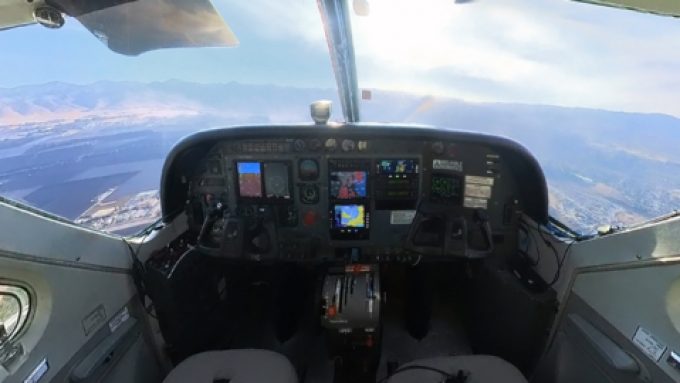China+1 acceleration as tariffs drive supply chain rerouting
US department store chain Kohl’s is working closely with suppliers and vendors to tweak its ...

The air cargo industry took another step toward unmanned freighter operations last month when Reliable Robotics operated a Cessna Caravan from FedEx on a 12-minute flight at Hollister Municipal Airport in north California.
The aircraft was monitored by a pilot about 50 ...

Comment on this article